Tromsø
Nordic applicants: 15th of April / 1st of November
EU/EEA + Swiss applicants: 1 March
Non-EU/EEA applicants: 15th of November
Northern lights are the result of the solar wind's interaction with Earth's upper atmosphere and magnetic fields and is part of space weather. Our global society relies on advanced technology vulnerable to space weather disturbances, which can shut down electric power-grids, disrupt satellite communication, and cause GPS positioning errors. This Master's program gives you a broad education in Space and Plasma Physics and teaches how to observe the physical processes in the ionosphere associated with space weather with the EISCAT radars and other research facilities near Tromsø, as well as how to replicate and study them in the Aurolab Plasma Laboratory.
Space Physics is a discipline of the Master's degree programme in physics.
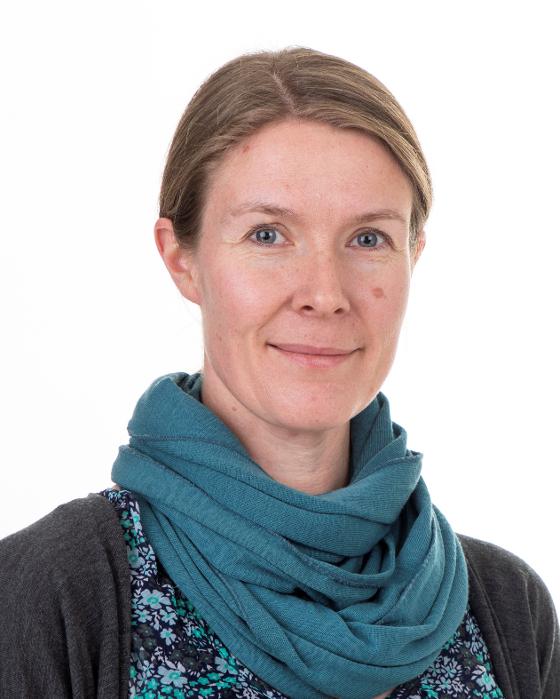
Kirsti Merete Johannessen
Studierådgiver / Administrasjon
Tromsø is in a unique geographical position to study the Aurora Borealis and the upper Polar atmosphere, and we have long traditions since the early 1900's within this field of research. The Auroral Observatory in Tromsø formed the original basis of the physics studies at UiT The Arctic University of Norway. Today, the activities have been extended to research on the solar corona, the Sun-Earth interaction, and the upper atmosphere. Researchers at the Department of Physics and Technology work with data from the EISCAT (European Incoherent SCATter) radars and other instruments at Ramfjordmoen, Svalbard, and Andøya, with numerical modelling, and with laboratory experiments (Aurolab).
The Northern (and Southern) Lights are manifestations of space weather that has its origin in the variability of the Sun's activity. Most auroras occur as a result of huge solar magnetic explosions (solar mass ejections and solar flares) that enhance the solar wind and solar radiation arriving at the Earth. The scales of the perturbations that follow (geomagnetic storms) vary from the size of the Earth's magnetotail (about 200 Earth radii) to the fine structure of the aurora (tens of meters) at 100-200 km height above the Earth's surface.
As a student on the Master's degree program in physics, you can choose one-year projects on a range of topics, for example:
- Observations with EISCAT of phenomena in the upper polar atmosphere, e.g. ion instabilities, fine structures in the aurora, and space weather (dynamics).
- Analysis and interpretation of EISCAT and other radar observations.
- Experimental, theoretical and numerical studies of dusty plasmas in the mesosphere with rockets, mesospheric and EISCAT radars.
- Theoretical and numerical analysis of turbulence and transport in space and laboratory plasma.
- Experimental studies of plasma phenomena in laboratory plasmas.
Elective courses should be determined in collaboration with your supervisor in connection with choice of research topic in the Master's thesis. Other elective courses may be approved on application or if recommended by your supervisor. An individual special curriculum or project paper may also be part of the degree.
If the Master's thesis involves work in a laboratory, in the field or on a research cruise, it is mandatory to conduct a course in safety education prior to commencing the thesis.
With a master in physics with specialization in space physics, you will be very sought after in fields such as:
- Rocket and space research
- Sensor and instrumental development
- Theoretical space and physics research
- Statistical analysis
- Technology and innovation companies
- Technical engineer
See the study plan below for more info about the program strukture.
| Institute | Country |
|---|---|
| Lappeenranta University of Technology | Finland |
| Leiden University | Nederland |
| California State University Monterey Bay | USA |
| University of the Ruhr, Bochum | Tyskland |
| Karlsruhe Institute of Technology | Tyskland |
| University of Bielefeld | Tyskland |
| Université Grenoble Alpes | Frankrike |
| Indian Institute of Technology, Guwahati | India |
| University of Innsbruck | Østerrike |
| University of Freiburg | Tyskland |
| Indian Institute of Technology (ISM) Dhanbad | India |
| University of Northern British Columbia | Canada |
| Lund University | Sverige |
| Czech Technical University in Prague | Tsjekkia |
| University of West Bohemia | Tsjekkia |
| Grenoble Institute of Technology | Frankrike |
| University of Saskatchewan | Canada |
| University of Tasmania | Australia |
| Indian Institute of Technology, Delhi | India |
Other studies you may like
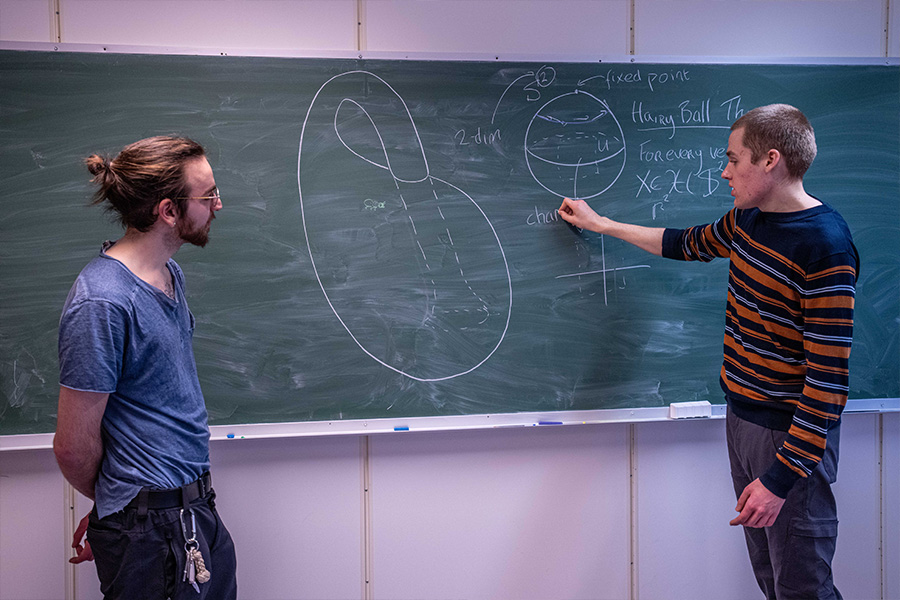
( Tromsø, )
Master in Mathematical sciences introduces you to mathematical research and the appliance of mathema...
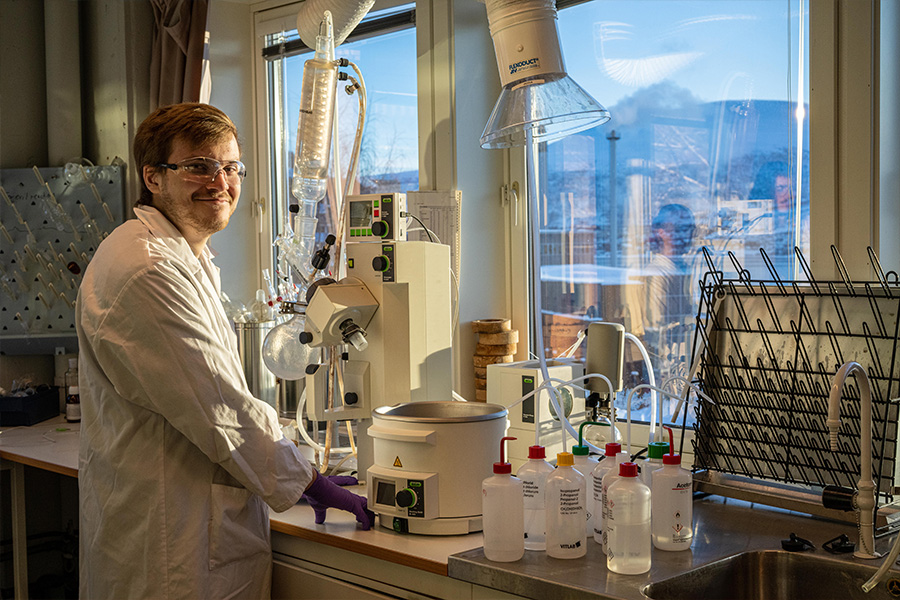
( Tromsø, )
Molecular Science and chemistry are truly the central sciences, they deal with how the world is cons...
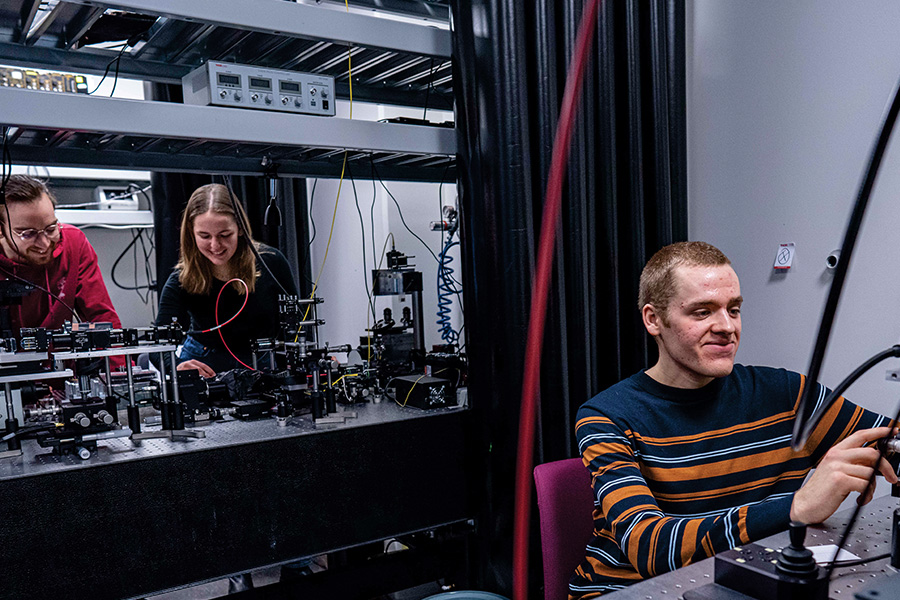
( Tromsø, )
Mobile phones, LED lights, radios, TVs and computers are advanced technical equipment based on physi...
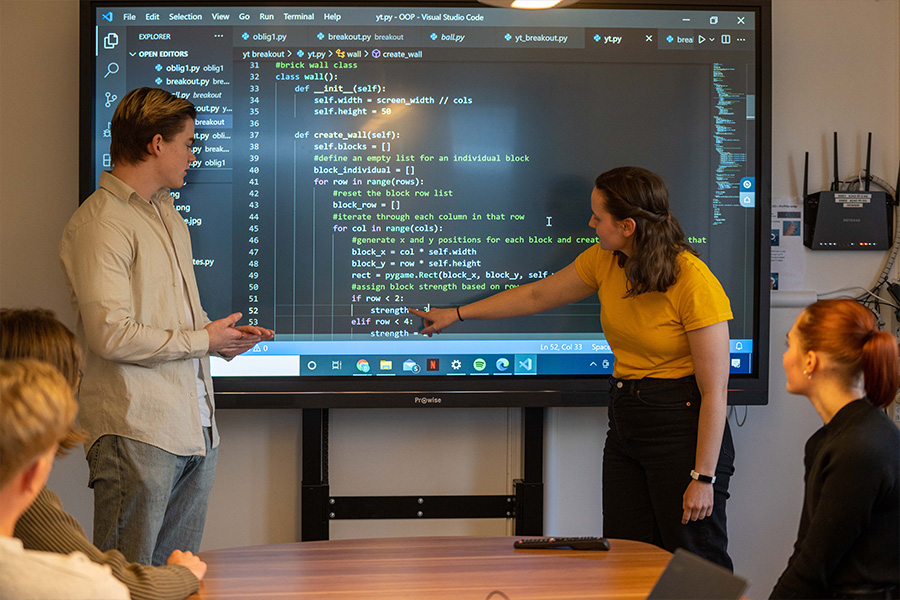
( Tromsø )
Master in Computer science is highly practical and experimental, where the students learn to design,...